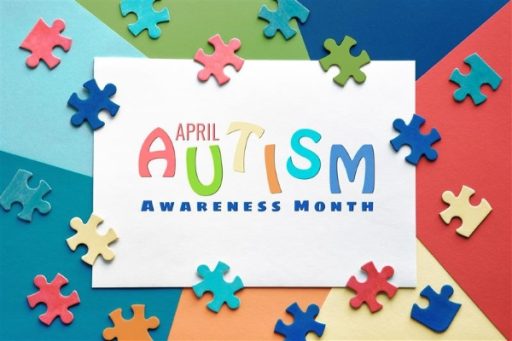
Understanding Autism
Autism is more common than you might think. Recent studies indicate that 1 in 33 children are diagnosed with autism, a significant number that highlights how many families, educators, and caregivers encounter autism in their daily lives. With April recognized as World Autism Awareness Month, there’s no better time to learn about autism, understand its complexities, and explore ways to support those affected.
This article will review the basics of autism, shed light on associated conditions that often coexist with the disorder, and provide actionable steps to help individuals with autism thrive. We’ll also take a closer look at the role of organizations like Families United Network in supporting those touched by autism.
What is Autism?
Autism Spectrum Disorder (ASD) is a developmental condition characterized by challenges in social interaction, communication, and repetitive behaviors. The term “spectrum” reflects the broad range of symptoms and severity levels seen in individuals with autism. Some people may need significant daily support, while others can lead independent lives.
- Social Challenges: Difficulty maintaining eye contact, understanding social cues, or forming relationships.
- Communication Differences: Delayed speech, difficulty expressing emotions, or using repetitive language patterns.
- Repetitive Behaviors: Repeating the same actions, fixating on certain objects, or having strict routines.
- Sensory Sensitivities: Overwhelmed by loud noises, bright lights, or certain textures.
Autism can present itself differently in each individual it affects; early intervention often plays a crucial role in supporting children on the spectrum to achieve their full potential.
Common Co-Occurring Conditions with Autism
According to www.AutismSpeaks.org, many individuals with autism also face co-occurring medical or behavioral conditions, which can add another level of complexity to their diagnosis and care. Some co-existing conditions include:
- Epilepsy (seizures): About 20% of individuals with autism experience seizures.
- Gastrointestinal Disorders: These include chronic constipation or abdominal discomfort.
- Sleep Disorders: Many people with autism have difficulty falling or staying asleep.
Behavioral and Emotional Conditions:
- Anxiety Disorders: Social anxieties and other forms of anxiety are common.
- ADHD (Attention-Deficit/Hyperactivity Disorder): Challenges with focus and hyperactivity often overlap with autism diagnoses.
- Depression: Adolescents and adults may experience emotional challenges that arise from social isolation or a lack of understanding.
Recognizing and managing these conditions alongside autism can significantly enhance an individual’s quality of life.
How Can We Help?
Building a supportive network is key to helping individuals with autism thrive. Whether you’re a parent, teacher, caregiver, or friend, here are ways to make a meaningful impact:
Educate Yourself
Learn about autism’s signs, symptoms, and varying characteristics.
Promote Inclusion
Encourage inclusivity in classrooms, workplaces, and community spaces. Modify environments to suit sensory needs and accommodate diverse learning styles.
Be Patient and Empathetic
Understand that repetitive behaviors or difficulty communicating aren’t about defiance but are part of the condition. Approach with kindness and an open mind.
Connect with Resources
There are countless resources available for families and caregivers, from support groups to organizations like Families United Network, which are dedicated to helping those with autism thrive.
Raise Awareness
April, World Autism Awareness Month, is the perfect opportunity to advocate for autism understanding. Participate in local events, wear light blue (the official autism awareness color), and encourage others to join the cause.
How Families United Network Supports Individuals With Autism
Families United Network is dedicated to empowering individuals with autism and supporting their families. Through family services, educational programs, community events, and tailored therapies, they create inclusive spaces where children with autism can thrive and families feel connected and supported.
Join the Movement This Autism Awareness Month
Understanding autism is the first step toward creating a more inclusive and supportive world. By educating yourself and connecting with resources like Families United Network, you can make a lasting impact on individuals with autism and their families.
This April, during World Autism Awareness Month, take the time to learn, advocate, and raise awareness. Together, we can promote acceptance and inspire positive change.
If you’re seeking support or resources, Families United Network is here to help. Reach out to us today.
